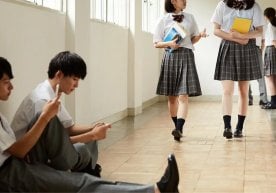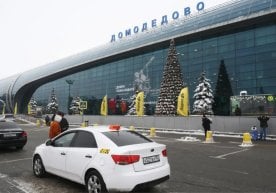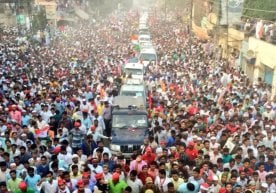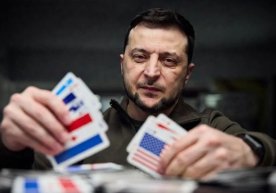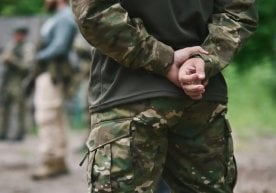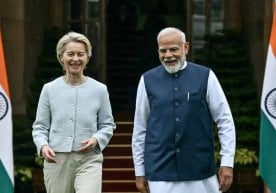Memes comparing Putin to Hitler have been banned in Russia!
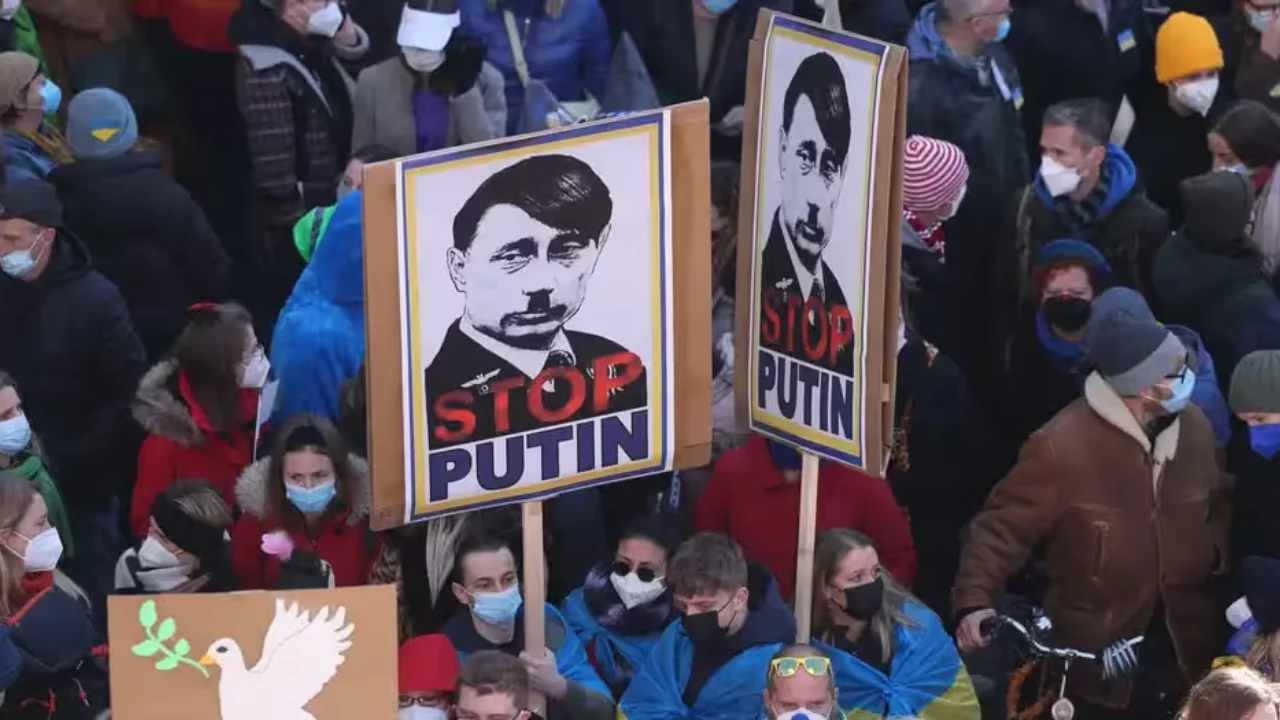
A number of websites in the Russian Federation that feature images of President Vladimir Putin likened to Adolf Hitler have been officially banned. The Kirov District Court of Omsk, at the request of the prosecutor's office, has ruled to block 12 websites on Russian territory that published such images and memes. The independent publication "Verstka" reports this.
The images that caused the ban were deliberately altered, with Putin's appearance given a Hitler mustache and hairstyle. At the same time, the images also used the critical phrase "Putler", which is used against the president. In particular, among such images are images of posters with the inscription "Putler kaput". Many of them were raised during protests in Russia.
In addition, images from the popular comedy film "Hitler kaput!" starring actor Pavel Derevyanko have also been banned. It is said that the images of this film were circulated on the Internet with the aim of mocking Putin.
Interestingly, a photo posted on the website of blogger Ilya Varlamov was also banned. In this photo, a woman is holding a sign that says, "Putler, drink poison before they treat you with lead."
Photos that openly depict violence against the Russian president have also been blocked. For example, a photo posted on the website Stixi.ru, showing a gun pointed at Putin's head, and the caption, "How to save Russia from shame?" are also included in this category.
Another objectionable page blocked at the request of the Omsk prosecutor's office is a photo from the LiveJournal platform, the style of which is reminiscent of the cover of the popular satirical magazine "Crocodile." It features a photo of President Putin with the crude caption, "The trial has begun in court. The creature declared its innocence."
Among the web resources banned by the court is a photo gallery dedicated to the protests in Moscow on the popular Fishki.net portal. According to the prosecutor's office, a photo of a man holding a poster with the inscription "Putin's aggression against Ukraine is directed against Russia and Europe" was also considered "against state interests and poses a threat to security."
According to the Omsk prosecutor's office, the distribution of these photos and memes on the Internet poses a risk of "inciting public disorder, hatred of the state and incitement to terrorist acts." Therefore, it is said that such content should be strictly prohibited in Russia.
Critics, however, consider this decision a new stage of censorship, aimed at limiting the possibilities of criticizing the head of state. At the same time, lawyers and international organizations perceive such drastic measures as a negative manifestation of the fight against freedom of speech. Read “Zamin” on Telegram!
Ctrl
Enter
Found a mistake?
Select the phrase and press Ctrl+Enter 














